Weekly Worker 420 Thursday February 21 2002
Struggles for freedom
Michael Hardt and Antonio Negri Empire Harvard University Press, 2000, pp496, £12.95
Marx’s revolutionary ‘old mole’, disappearing underground and resurfacing unexpectedly, has “finally died”. It has been replaced by the “infinite undulations of the snake”(p57).
In their metaphor for the kaleidoscopic campaigns thrown up against the spread of capitalist globalisation, Hardt and Negri are nothing if unbounded in their ambitions. Empire has indeed had a wide international echo, even in notoriously conservative America, as proudly described by the journal of Hardt’s employer, Duke University (November-December 2001). The collaboration between the former leader of Potere Operaio (Workers Power), unjustly imprisoned – and still on limited release – for ‘armed insurrection’, and an American literary scholar has ranged beyond purely academic objectives.
Empire ends by talking of the role of the militant in “positive, constructive and innovative activity” and the “irrepressible lightness and joy of being communist” (p413). Negri has recently declared that the anti- (or rather, ‘alternative’) globalisation movement is becoming a “new political subject” of struggle, of counter-power, forming a “social body” (Le Monde January 27 2001).
Reaction from the left to the book has been mixed, and often highly critical. (Important reviews include: Gopal Balakrishnan New Left Review September 2000; Alex Callinicos International Socialism autumn 2001; John Kraniauskas Radical Philosophy September 2000; Malcolm Bull London Review of Books October 4 2001; Mike Rooke What Next? January 2002.) Few, however, ignore the transparent sincerity of the authors and the seriousness of their efforts to come to grips with contemporary capitalism. Nor that the debate should be brought to the widest possible audience.
Empire is not easy to digest. It teems with concepts and references, from the history of socialism, communism and the working class, to Foucault’s disciplinary society and bio-power, Deleuze and Guattari’s desiring machines, Castells’ network society and theories of postmodernism. Its frequently serpentine language makes it often hard to grasp. But Negri has described with clarity Empire’s two principal ideas: that there is no global market without a juridical order, and that this new political power is without a centre, without boundaries (T Negri, ‘L’Empire: stade suprême de l’impérialisme’ Le Monde Diplomatique January 2001).
A powerful examination of the global constitution is backed up by an analysis of economic and cultural transformations. The potential for resistance and a new society – a third element – is discovered, amongst which what the authors call the “multitude” (the ‘new proletariat’) is never far away. In each domain Empire challenges the left to rethink its stand.
Capital’s universal republic
“Empire can only be considered as a universal republic, a network of powers and counter-powers structured in a boundless and inclusive architecture. The imperial expansion has nothing to do with imperialism, nor with those state organisms designed for conquest, pillage, genocide, colonisation and slavery” (pp166-7). This is not meant to excuse the west from its responsibility in subordinating and exploiting the planet, not to mention armed interventions, from Korea to Afghanistan. Hardt and Negri’s argument is that Empire legitimates itself through the expansion of legal norms, a search for universal peace, and not brute force alone.
Thus, America has not only “international police power” but has become part of a “legitimate supranational motor of juridical action”. “The importance of the Gulf War derives rather from the fact that it presents the United States as the only power able to manage international justice, not as a function of is own national motives but in the name of global right” (p180). From Blair’s doctrine of the international community, to former leftists, converted to legal moralism enforced through humanitarian militarism, one can see the centrality of this development. They are part of this expansive network, which has absorbed national liberation struggles, tamed many NGOs and caused the withering away of civil society.
This arrangement works through a hierarchy. At the top is the United States, the principal holder of military might. Next are the global monetary institutions that regulate exchanges, while nation-states are “filters of the flow of global circulation and regulators of the articulators of global command” (p310). Finally there is civil society, “channelling the needs of the desires of the multitude” in ways that can be represented within these structures. In this synthesis, there are parallels with the early Roman empire painted by its Greek admirer, Polybius, as a balance of monarchy, aristocracy and democracy. Empire today is “the monarchic unity of power and its global monopoly of force; aristocratic articulations through transnational corporations and nation-states; and democratic-representations comitia” – nations, NGOs, media and “popular organisations” (p314). A new eternal city appears in construction.
Imperialism in its colonial and neo-colonial forms, based on the export of capital and the exploitation of raw materials, rested, Hardt and Negri assert, on an “inside and an outside”. However, “Capital must eventually overcome imperialism and destroy the barriers between outside and inside” (p234). At the same time “the subjectivity of class struggle transforms imperialism into Empire” (p235). Here lies the fundamental contradiction that runs through the heart of the book.
On the one hand, Empire is replete with an analysis of the various forms of governmentally, bio-power (Foucault’s concept of the management of populations), postmodern, flexible accumulation, and the inexorable expansion of “networks”. These, in stressing an impersonal logic, offer, as critics such as Callinicos have observed, much in common with ‘hyper-globalist’ theories. That is, in other words, the dynamic fusion of capital, politics and culture rolling over the planet.
On the other hand, there is the insistence that Empire, and modern production, has arisen as a consequence of the powers of labour: “The proletariat actually invents the social and productive forms that capital will be forced to adopt in future” (p268). Capital’s problem after the worker revolts of the 60s, a “refusal of work”, was to capture this in a new postmodern structure, the “informatisation of production”. Indeed the crises of the period were caused by the demands of employees: “The long cycle of struggles against the disciplinary regime had reached maturity and forced capital to modify its own structures and undergo a paradigm shift” (p261).
The reasoning here resembles the ‘profit squeeze’ popular on the British left (and the right) in the 70s: the workers were not just corroding capitalism by just/unreasonable demands, but are always near to overthrowing it. Hardt and Negri extend this notion further: living labour is a creative social force that can no longer be measured: “the transcendental determinations of value and measure that used to order the deployment of power (or really determine its prices, subdivisions and hierarchies) have lost their coherence” (p354). Politics and economics are “beyond value”. Labour is literally escaping from the socially embodied categories of capitalism, as in Negri’s earlier writing in Marx beyond Marx (1979), which introduced the figure of the “self-valorising” salariat and the breakdown of divisions between economics and politics.
“Self-valorising” signifies, it might be conjectured, a refusal to submit, the rejection of work. An era of militancy may have forced some changes in work arrangements, though mass unemployment under monetarism had perhaps more effect. Loading responsibility onto the workers for crises in the capitalist regime of accumulation may be intended to celebrate their power; but it also mirrors neoliberal complaints about wreckers. The dialectic of labour and capital is a one-dimensional account of capitalist development, as recent debate initiated by Robert Brenner on the contradictions of inter-capitalist ‘horizontal’ competition indicates. But if the self-valorising proposition has some coherence, if debatable, it is impossible to make sense of the claim that value is no longer measurable, as a trip to Sainsbury’s will swiftly show. Without any further discussion of the labour theory of value, and abstract labour (which opponents have always seen as non-measurable, based on heterogeneous and non-equivalent work), we are left in a void.
Struggle and the multitude
Spontaneist forms of Marxism have often believed in the logic of the process of class struggle to carry workers forward to clash with the state. Hardt and Negri go one stage further. The main struggles of the last decades of the 20th century – Tiananmen Square, the May 1992 revolt in Los Angeles, the Chiapas uprising that started in 1994, the 1995-96 French strike wave, and the work stoppages in South Korea of 1996 – were regional and national events, which remained “incommunicable” outside their country of origin. Blocked from travelling horizontally, every serious social conflict is now forced to “leap vertically and touch immediately to the global level” (p55) because they “directly attack the global order of Empire and seek a real alternative” (p57).
Nevertheless, translating this potential into an effective reality, recognising a “common enemy” and “language of struggles”, is lacking. What is the social subject that bears the potential to coordinate the fight and rise up against capitalism’s imperium? The concluding and even more unsatisfactory arguments of Empire are centred on the concept of the “multitude” – its potency and power – and the route to a new struggle for communism.
What exactly does this concept mean? It refers to the unbounded movements and mingling of peoples, the deterritorialised force of living labour. In part a race of new barbarians. It is the “creative subjectivities of globalisation that have learned to sail on this enormous sea” (p60), “an antagonistic and creative positivity” (p61). A new “nomad singularity” constitutes Empire: “The ontological fabric of Empire is constructed by the activity beyond measure of the multitude and its virtual powers” (p261). Labour is where the new proletariat appears as this active power. It is where the multitude is “becoming self-valorising. They express themselves as machines of innovation. They not only refuse to be dominated by the old system of values and exploitation, but actually create their own irreducible possibilities as well” (p369).
Without going too far into somewhat abstruse philosophical byways, Hardt and Negri have, as they state, swallowed hefty chunks of the ‘vitalist’ theory of Henri Bergson (1859-1941), though insisting on the “reality of the being created” (p468n). And describe, in Bergson’s words, “a self which lives and develops by means of its very hesitations, until the free action drops from it like an overripe fruit” (H Bergson Time and free will London 1959, p176). Thus the “insurgent multitude” is poised for action. For, “Empire creates a greater potential for revolution than did the modern regimes of power because it presents, alongside the machine of command, with an alternative: the set of all the exploited and the subjugated that is directly opposed to Empire with no mediation between them” (p293).
The last battle
From this ambitious, to say the least, clarion call, we face the Last Fight for the “self-valorisation of the human (the equal right of citizenship for all over the entire surface of the world market; as cooperation (the right to communicate, construct languages and control communication networks); and as political power, or really as the constitution of a society in which the basis of power is defined by the expression of the needs of all” (p410). This is welded together by a demand for a guaranteed minimum income – a call raised by both free-marketers and some sections of the green and alternative left (though how it will be administered with freedom of movement is, as has been pointed out, a hornet’s nest in itself).
Militants should play the role of the early 20th century Industrial Workers of the World agitator, one who “best expresses the life of the multitude, the agent of biopolitical production and resistance” (p411). From the ruins of Empire will arise new cities – “great deposits of cooperating humanity”. Prudently, Hardt and Negri state that, “Only the multitude through its practical experimentation will offer the models and determine when and how the possible becomes real” (p411).
It is beyond the scope of this review to explore in depth the full complexities of Empire. The book’s great merit is to challenge some central Marxist categories, notably imperialism. Plainly a critique of the illusions of the left in the nation-state is in order, from the stillborn belief of the old British New Left that constitutional reform would create a more favourable environment for socialism, to the tragic adaptation of national liberation movements to the global market.
Criticising the illusions of pursuing justice through the existing international institutions rings many bells. Many well-meaning human rights activists have wound up in juridical institutions more contorted than Bleak House’s Court of Chancery. If Hardt and Negri are no Dickens, as their prose style so painfully indicates, their sallies are well directed. The lack of a ‘centre’ to Empire may be off-putting, in view of the unilateralism of the US, but it soon becomes apparent that the Washington-Wall Street-Pentagon axis is placed at the summit of the system.
The greatest difficulties in the book come from three directions. To begin with, Empire employs a variety of philosophical problematics, spatchcocked rather than integrated together. The concept of the multitude as a self-valorising subject is not even clarified to the extent that we can pin down its independent existence, or how Foucault’s disciplinary regime, and “biopower” (an inescapable net) mingles with Bergson’s absolute creativity. Quasi-Marxist class struggle mingles with non-class theories of sovereignty.
Next, the “mediations” between the multitude and Empire are asserted to be breaking down. It stands facing the multitude with no intermediaries. Yet what is Empire if not a system of complex mediations – civil bodies, filters, networks, states, transnational corporations, and global institutions? These ties, as Hardt and Negri indicate if only in passing, are what Marx would call the “invisible threads” binding millions of people to the process of globalisation. Such a formidable expansive apparatus has surely some density of its own.
Finally, given this, how can the judiciary, power and biopolitical machine standing over the plural multitude be shattered? Lyrical language, a heritage from Negri’s autonomist origins, is used to smother any serious political debate. There is not the slightest consideration of the hold of pro-neoliberal ideologies over large sections of the population, the elected (however imperfectly) free-market governments of the left and right, and a sheer wanton ignorance of the problems faced by socialists assuming political power, in however small degree now possible.
The thread of unresolved links between structure – the overwhelming power of Empire, and agency, the strength of the multitude, runs through these triple domains. There is no strategic politics to bring them closer. Where, before the ultimate attack, does any subject go from now, in this workplace, and tomorrow, in this strike, and the next day, in this election? Or the day when Empire is overthrown?
This is the point where Hardt and Negri’s revolutionary snake retreats under a stone. It is unlikely to emerge.
Andrew Coates

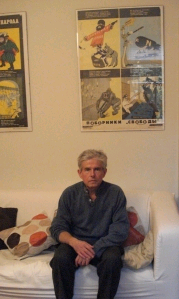



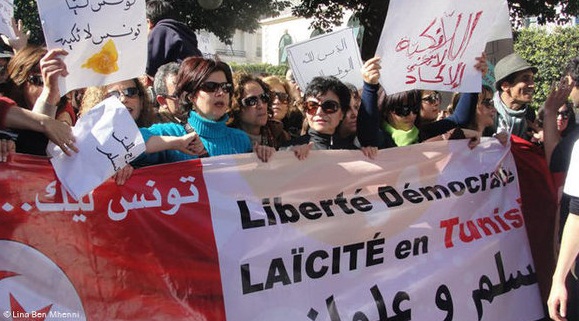













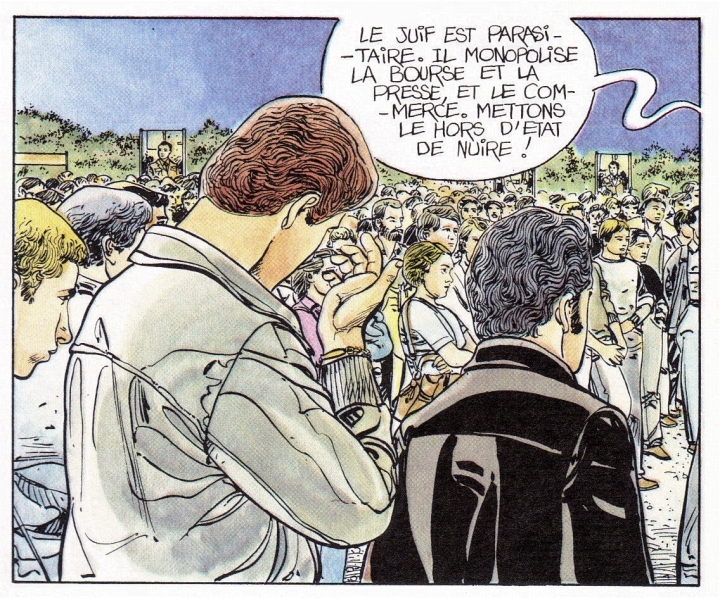














































.jpg)















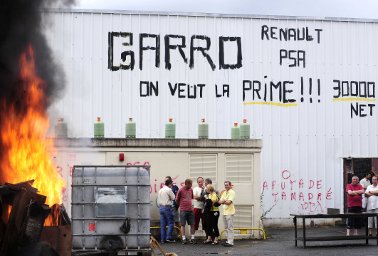


















































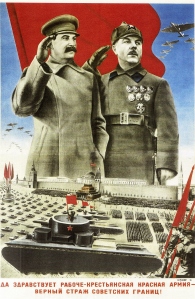

































































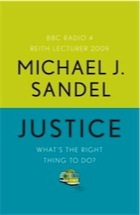
























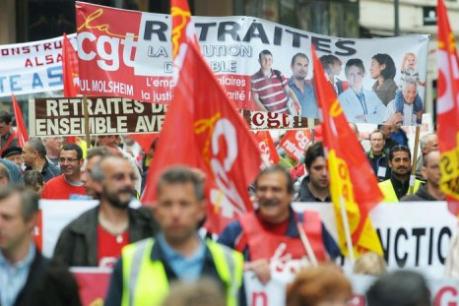















































































































































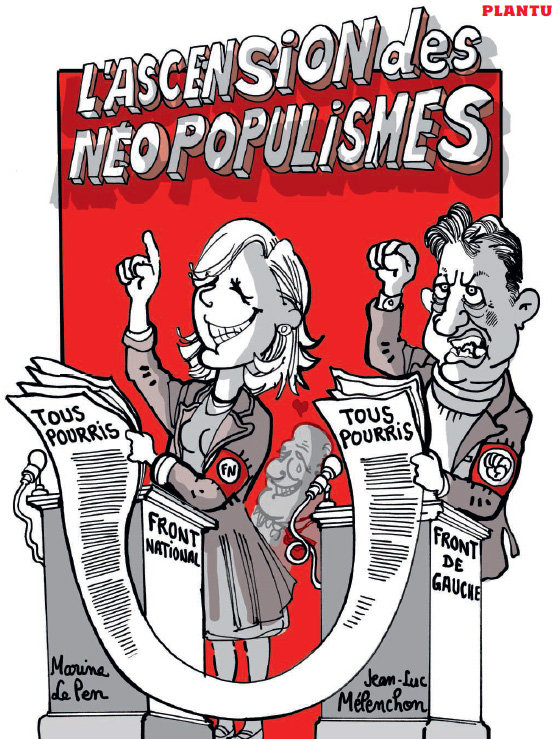















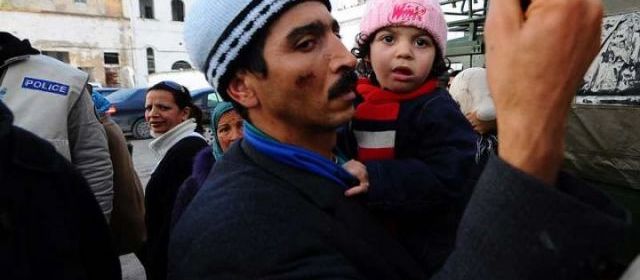
 [Jamel Arfaoui] Tunisians turned out in huge numbers in the capital to denounce religious extremism.
[Jamel Arfaoui] Tunisians turned out in huge numbers in the capital to denounce religious extremism.








_logo.jpg)



















































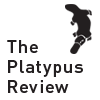











 Pin-Up Boy.
Pin-Up Boy.



































“I totally agree with all points made here and being exited are widely stuck in the favour of YMCA Training when gone to a decision maker. Many people find themselves banned for 26 weeks because of this
? Yeah, you are supposed to be there for 1 week of induction then get stuck in a placement… everyone seems to be doing 30 hours job search a week… not far from full time hours. Then the job search sessions are not supervised anyway! Always under staffed.
Did you know under DWP/JCP policy you are supposed to get a “Taster” session of the provision before you get signed on to the course?
Then if it isn’t suitable – and you have a good enough reason – you don’t have to go on it.
Having a reason afterwards isn’t good enough (under JCP rules) which then compromise your benefit. I know why you don’t get the taster opportunity in Ipswich or maybe just my New Deal adviser?
4 pages of job search sounds good… then when you realise that only one page are small adverts (the rest are big box adverts) then short list out jobs you can do (there seems to be a lot of caring jobs etc. around which aren’t applicable) you end up with just 3 or 5 jobs to apply for and everyone applies for them so you stand no chance even though you apply for them anyway as you need a job (better then staying there and getting so little money)
Your New Deal adviser supposed to be helping you – the “customer” – however their only objective is to stick you on to that course to mess with the official figures – as you will be classed as receiving “training” not “unemployed”.
If you are lucky to get a placement the Government classes you as “employed” (until I looked it up I thought you were classed as in training still.
May I also bring to your readers attention that one of the reasons for New Deal VSO is:
“In many cases taking over from ’community service’ ordered by the Courts.”
It is true. Unemployed people are being treated as a criminal would if caught for an offence.
People may read this article and see it as perhaps a few unemployed people getting together and having a go at the state because they are ungrateful spoilt brats BUT the truth IS the participants are demotivated (funnily enough against YMCA Training values which is incorporated in the infamous red triangle).
Without misleading anyone it is like the Iraqi prisoners who were made to stay still to avoid getting shot or electrocuted but instead of that happening its the threat of benefit being stopped (”exited” from the course) and perhaps poverty.”